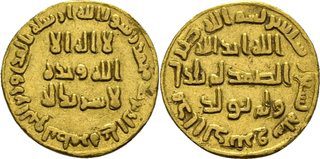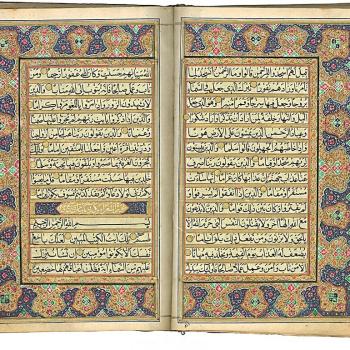
(Wikimedia Commons public domain image)
Compare Matthew 19:30; Mark 10:31; Luke 13:30
1.
Many people reject the idea of “deathbed repentance” or “deathbed conversion”
I don’t.
The problem with “deathbed repentance,” as it’s often considered, is that it isn’t really repentance at all. It’s the cynical, insincere, self-interested calculation — not infrequently a miscalculation, I think — that one can sin right up until the end and then, when death is imminent, apologize rather insincerely and get a clean bill of spiritual health. The goal, obviously, is to have all the putative advantages of a life of sin while narrowly but fully escaping the wages of sin, which are spiritual death and damnation.
When the time for sinning has run out, and eternity is staring the sinner starkly in the face, the dying miscreant attempts to get into the divine good favor at the last possible moment, having missed no occasion for wrongdoing but, now, seeing no really promising alternative.
But that’s not sincere repentance. That’s merely attempting to game the (divine) system, and it’s unlikely to work. God isn’t easily fooled.
Truly sincere repentance, however, must surely be welcomed by the Lord at any point in a person’s life. Even at the very end. A sincere conversion — whatever its timing — would still be a sincere conversion, and would be as worthwhile and meritorious on a deathbed as anywhere else.
Authenticity is everything in this matter.
Likewise, the person who becomes a faithful disciple late in life, even very late in life, will receive the same rewards as somebody who was a disciple from an early age. And those who serve faithfully but die in their early twenties will suffer no disadvantage in the eternities compared to those who serve faithfully into their tenth decade.
God isn’t merely just. He’s merciful.
For which we can and should all be very grateful.
“Use every man after his desert,” says Shakespeare’s Hamlet, “and who should ’scape whipping?” (Hamlet, II.ii.)
Or, in modern English, “ If you pay everyone what he deserves, would anyone ever escape a whipping?”
2.
Incidentally, the word that the King James Version rather misleadingly (for us, anyhow) renders as penny is δηνάριον (Latin denarius).
In the period of the late Roman Republic and the early Roman Empire — i.e., around the time of Jesus — the small silver coin called the denarius was the daily wage for an unskilled laborer or a common soldier. The term lived on in the Arab/Islamic world as the dinar or, more accurately, the dīnār (دينار), which is still legal tender in such places as Algeria, Bahrain, Iraq, Jordan, Kuwait, Libya, and Tunisia, as well as in Macedonia and Serbia.












